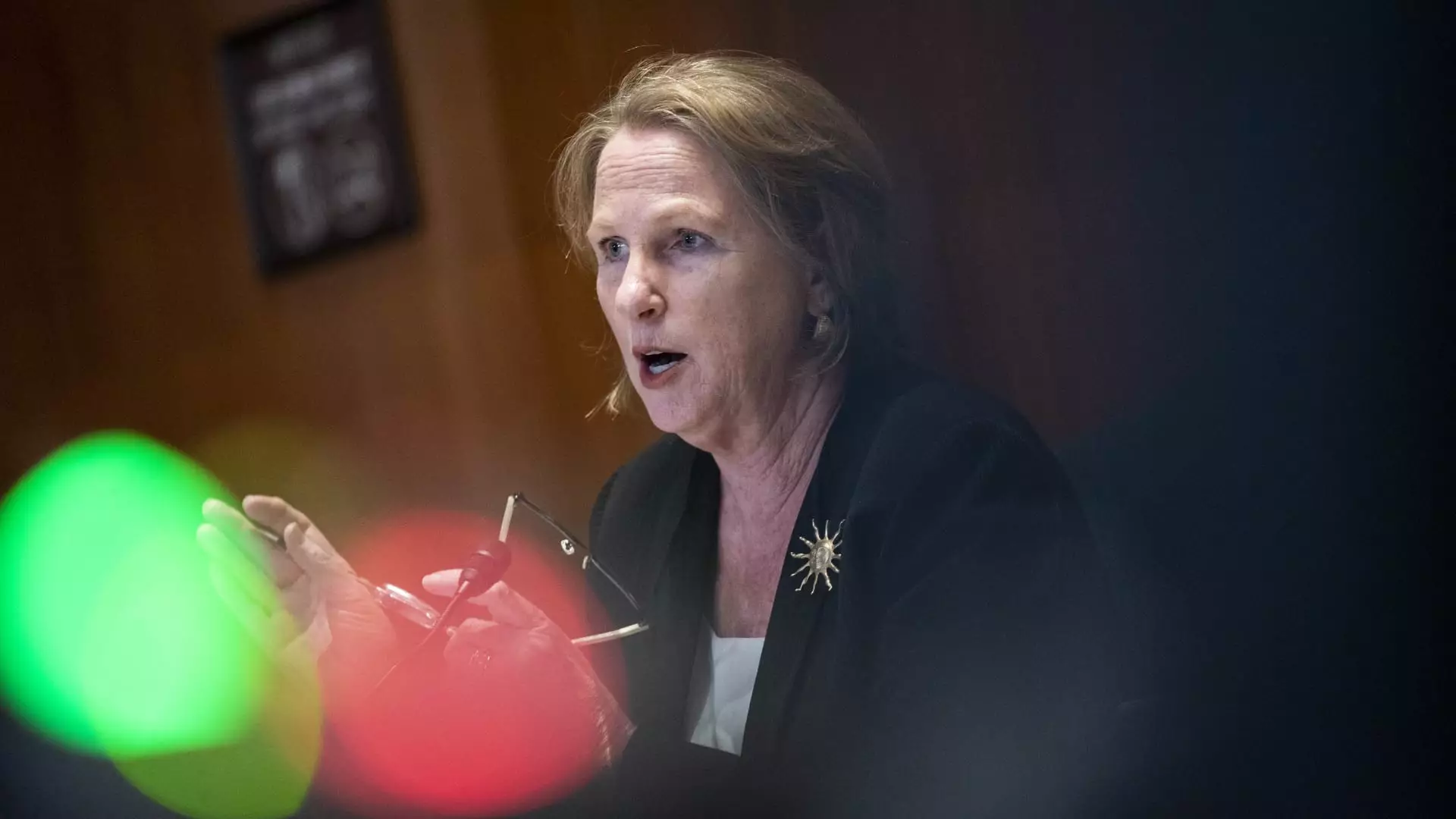As the Internal Revenue Service (IRS) comes under the critical gaze of a Republican-led Congress, significant concerns have emerged regarding the allocation of taxpayer funds. In a recent annual report, Erin Collins, the National Taxpayer Advocate, highlighted a troubling disparity in funding priorities impacting taxpayer services. The report emphasized the need to maintain adequate funding for essential services and technology modernization, which have been overshadowed by the substantial financial resources directed toward enforcement. This situation raises questions about the long-term implications for both taxpayers and the agency tasked with ensuring compliance.
The Inflation Reduction Act, which secured a staggering $78.9 billion in funding for the IRS, earmarked a disproportionate 58% for enforcement activities. In contrast, only 4% was allocated for direct taxpayer services, and a mere 6% for technology improvements. This inequitable distribution was characterized by Collins as an “extreme imbalance,” suggesting that the heavy focus on enforcement could alienate taxpayers rather than foster compliance. The bipartisan support for enhancing taxpayer services indicates a growing recognition that the IRS must prioritize improving the taxpayer experience alongside enforcement initiatives.
Collins pointed out that a greater investment in taxpayer services could lead to a fairer and more efficient user experience. The logic is straightforward: when taxpayers find it easier to navigate the system, compliance typically improves. In fiscal year 2024, $98.7 billion was collected through enforcement, representing less than 2% of the total federal revenue. This statistic demonstrates that the majority of tax revenue is derived from self-assessed payments, making effective taxpayer services critical for sustaining compliance.
With many individuals self-reporting their income and fulfilling tax obligations voluntarily, it becomes essential for the IRS to prioritize an environment where taxpayers feel supported rather than solely monitored. A balanced funding approach could potentially mitigate the need for future enforcement actions, representing a more sustainable strategy for tax compliance.
The report presented by the National Taxpayer Advocate is alarmingly timely, as Congress has already rescinded $20 billion in IRS funding as part of the 2023 budget negotiations. With additional funding cuts potentially looming, the concern grows that the IRS could be compromised in its ability to serve taxpayers effectively. Collins warned that if enforcement funding were to undergo reductions, services should not be cut in tandem, as such actions could ultimately harm the very foundation of taxpayer compliance efforts.
This precarious financial situation amplifies the challenges the IRS is currently facing as it seeks to recover from pandemic-related impacts while managing its budget amid rising operational costs. The fiscal landscape suggests that unless a reevaluation of priorities occurs, the IRS may struggle to fulfill its dual mandate of enforcement and taxpayer service in an equitable and efficient manner.
As scrutiny on the IRS intensifies, it is imperative for lawmakers to reflect on the broader implications of funding allocations. A balanced approach that addresses both enforcement needs and the enhancement of taxpayer services is essential for fostering a compliant tax environment that serves the interests of the American public effectively.

